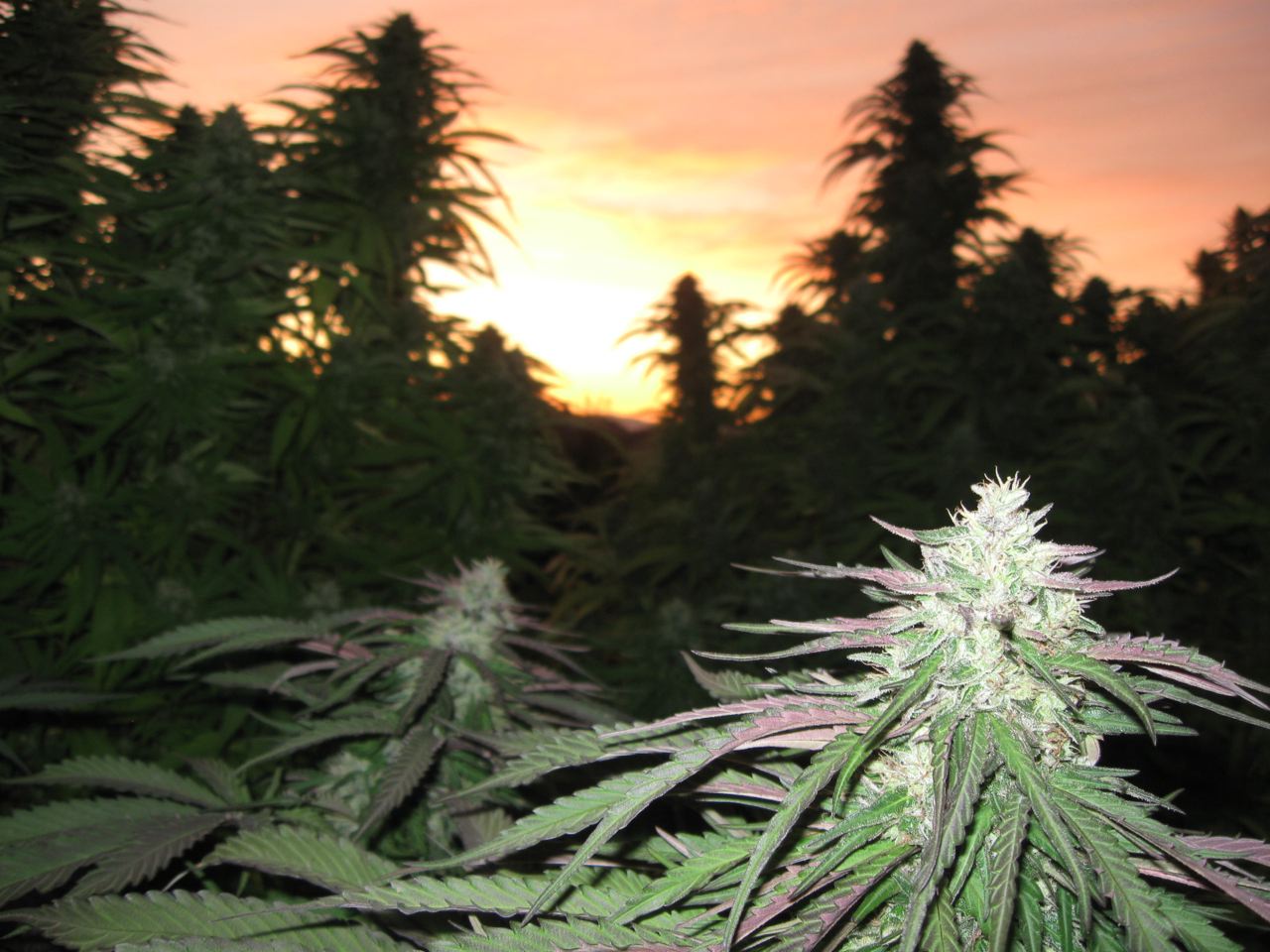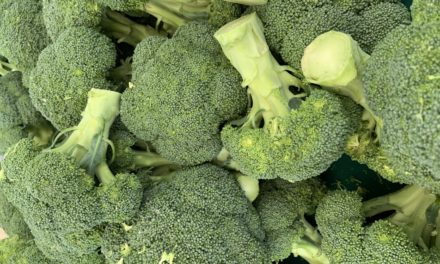After Michael Backes backed olive oil as the best solvent for making medicine out of cannabis, he fielded questions and responded to comments on the “Save Cannabis” list. The first question was from Glenn Macbeth:
Isopropyl alcohol and acetone are the solvents that are the least expensive and easiest to obtain. What are the advantages and disadvantages of using these as solvents?
Neither isopropanol nor acetone are appropriate solvents. Both are toxic and leave potentially dangerous residues. People would be well advised to heed the good advice that Michael and Arno are providing.
In a back issue of O’Shaughnessy’s Dr. Jeffrey Hergenrather’s noted that many of his Mexican-American patients use cannabis extracted with rubbing alcohol to treat rheumatism, etc. The patients report signfiicant benefit and Hergenrather sees no adverse effects. Bear in mind that Mexican-Americans, being intelligent and practical, know the difference between what’s okay to rub on your skin and what’s okay to swallow. Gringo-Americans may not be so savvy… Here’s Michael Backes’s more thorough and relevant response to the question:
Both acetone and isopropyl alcohol are mildly toxic. And as Hazekamp says, it’s difficult to purge solvents completely. The more concentrated the extraction, the tougher it is to remove the last bit of solvent, because of the way that extracted cannabis oil behaves. It’s safer to use substances that have the ability to extract, but are truly nontoxic, such as olive oil or ethanol. Ethanol evaporates which makes concentration possible. Olive oil can extract, but the extraction cannot be concentrated via evaporation. Ethanol is not easily available in many states, is pricey and quite flammable, which is why olive oil can be a better approach.Iso can used with a QWISO (quick iso) method, but any reasonable soak for a more thorough extraction is going to grab a a bunch of water-soluble crud in the process. Iso is highly polar and water soluble. And since “like grabs like”, even a quick iso extraction is going to get some water-solubles. If you don’t mind losing 20% of the good stuff, a fast iso wash can produce a decent oil, but when tested on a headspace GC setup will still show residual solvent. And this is regardless of whether you winterize the extraction, ethanol wash it, or whatever. It’ll still present an iso spike on the GC.Acetone is great for cryo extractions with dry ice, but tricky to purge, even with a Rotavap. You can do an ethanol wash to reduce the amount of residual acetone, but then you’re going to end up with two residual solvent spikes, though they will small ones. My belief is that it is better to leave chemistry to chemists, unless you’ve got access to pro gear and actually know how to operate it safely and well.Too many folks are blowing themselves up making solvent extractions. And olive oil extractions have the considerable advantage of preserving terpenes in the extraction process. That’s tough to do when you have to purge, since you’ll typically purge the terps in the process, especially pinene and limonene.A lot of folks think that just because they can’t taste solvent in an amateur extraction, that the residue is not there. Sorry, but that’s just not true.
Aloha! How about 190 proof grain?
Grain makes a messy ethanolic extraction. It definitely works, but’s it’s not very palatable unless you’ve got a taste for lawn clippings. And why would you want to do a dirty extraction of Hawaii’s finest? That’s like putting mud in Dom Perignon.
The safest, most efficient solvent for cannabis is liquid carbon dioxide. It takes out all the good stuff and evaporates with no residue at all. However, this is not a do-it-yourself at home process!
Next question from DML in Canada:
I heard n-butanol was “foodsafe.” Is that true?
Butanol is food safe. It’s also the primary ingredient of the alarm pheromone for Africanized honeybees, so be careful not to open the bottle in the garden…Who extracts with n-butanol? I know lots of folks, a few in burn wards, extract with n-butane.





